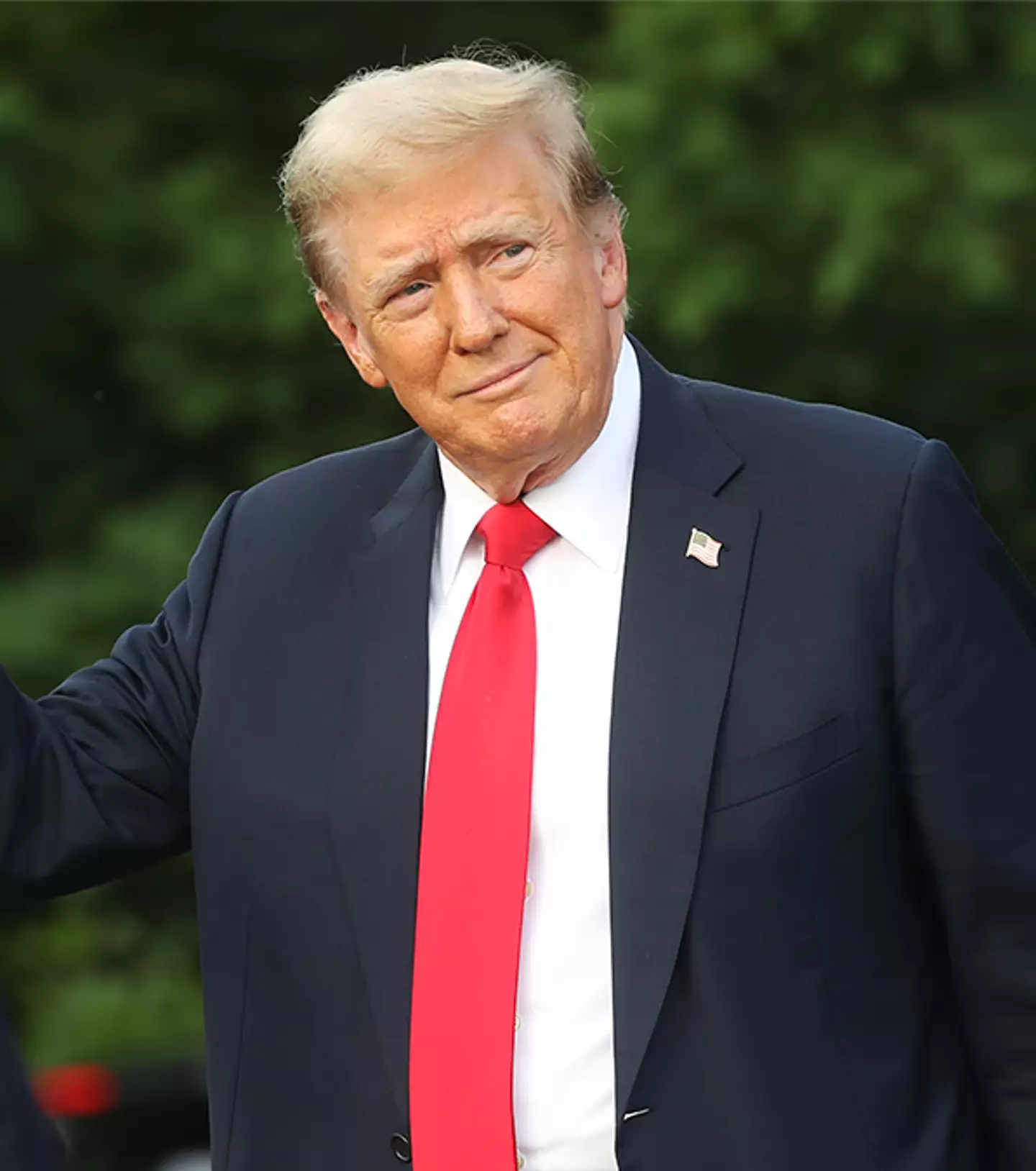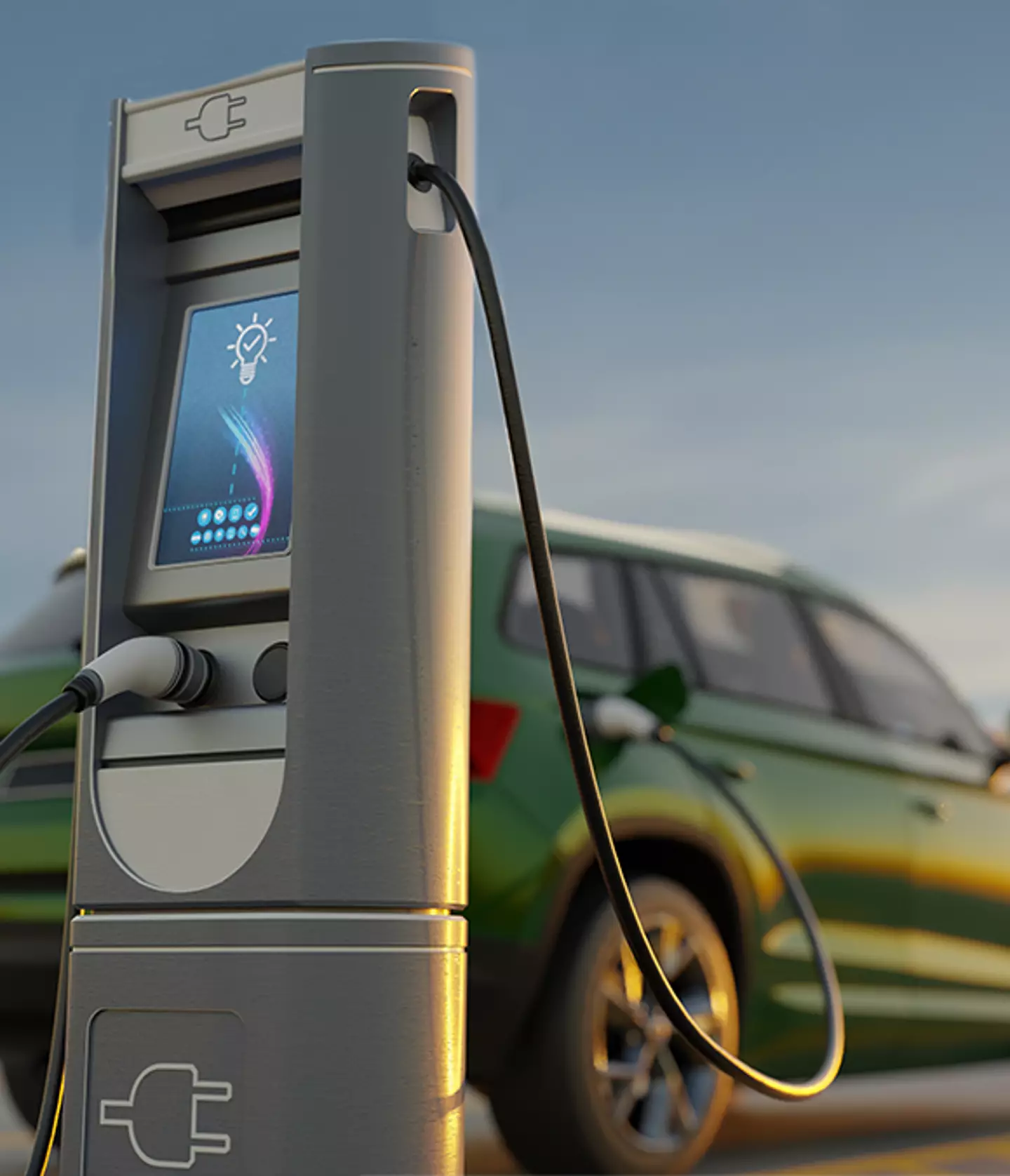
Former United States President Donald Trump is currently facing 34 felony counts in criminal court.
However, he's running for re-election this fall and is targeting the growing electric car industry in his campaign.
Trump has called on oil and gas industry leaders to donate large sums to his campaign, promising to reverse current president Joe Biden's administration climate policies in return.
If he wins this November, Trump proposes to roll back regulations on car emissions and cut back on tax credits for electric vehicles (EVs). These proposed changes might not sit well with some Republican voters, as the EV industry has been boosting job growth and the economy in southern states.
Advert
Of course, the automotive landscape has advanced a lot since Trump's presidency in 2016.

Despite his efforts, the EV market has expanded rapidly in the last eight years. In 2016, 159,139 electric vehicles were sold in the U.S. and that number is expected to exceed 1.5 million, accounting for 10% of U.S. new car sales, in 2024.
However, even if Trump's plan was to go ahead, the market may already be too advanced to stop.
Electric cars have moved from being a niche product to becoming mainstream.
William Clay Ford Jr., executive chair of Ford Motor, said: 'Our time frame as a company, our planning time frame, is a lot longer than election cycles.
'When we’re whipsawed back and forth by politicians that becomes really difficult for us.'

The investments in U.S. manufacturing driven by president Joe Biden’s Inflation Reduction Act are set to continue, even if Trump wins another term. For instance, Hyundai is investing $13 billion in EV production in Georgia, a state Trump narrowly lost by 12,000 votes in 2020. Republican strongholds such as Texas and Florida are 'increasingly adopting electric vehicles' and trail only California in terms of EV registrations.
Trump's approach of focusing on his dedicated supporters while potentially upsetting regular working-class Americans might not work out as planned. By threatening many jobs in manufacturing-based states, Trump might harm his own chances of incoming votes. Either way, we'll have to wait until November to see what happens.